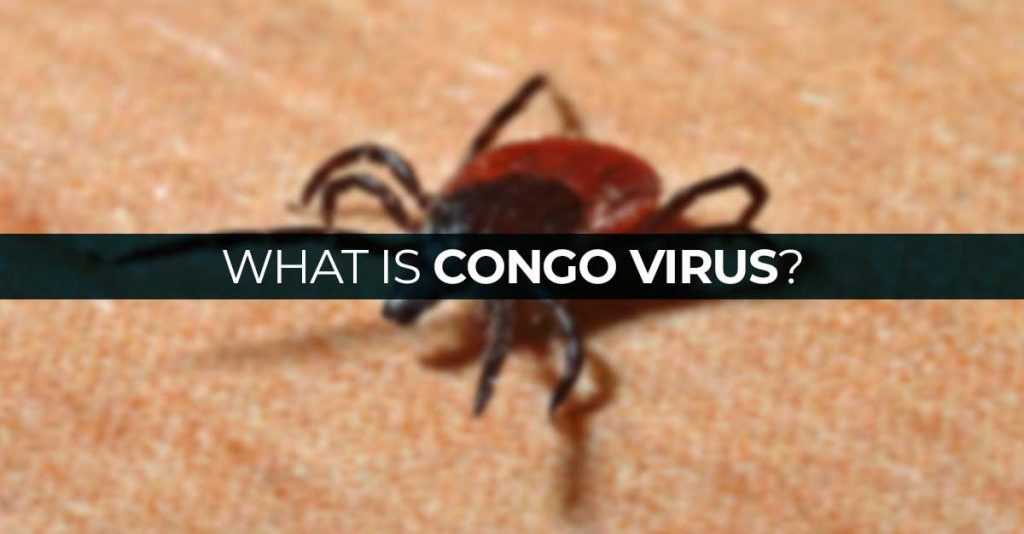A recent outbreak of avian influenza in the Boise area of Idaho has resulted in the deaths of thousands of wild birds, according to the Idaho Department of Fish and Game. The department has confirmed that the outbreak is caused by the H5N1 strain of the virus, which is highly contagious and can be fatal to birds.
The outbreak was first reported in late March, with multiple sightings of dead birds in the Boise area. Since then, the number of reported deaths has continued to rise, with thousands of birds affected. The department has set up a hotline for people to report any further sightings of dead birds, and is urging the public to take precautions to prevent the spread of the disease.
“We are working closely with our partners at the Idaho Department of Agriculture and the US Department of Agriculture to contain this outbreak and prevent further spread of the disease,” said a spokesperson for the Idaho Department of Fish and Game. “We urge the public to take precautions to prevent the spread of the disease, including avoiding contact with wild birds and keeping pets indoors.”
The avian influenza outbreak in Idaho is not the first in the state. In 2015, a similar outbreak occurred in the southwestern part of the state, resulting in the deaths of thousands of birds. However, the current outbreak is more widespread and has affected a larger number of birds.
Wildlife experts are concerned about the impact of the outbreak on the local bird population. “This outbreak has the potential to have a significant impact on the local bird population, particularly if it is not contained quickly,” said a wildlife expert at Boise State University. “We are working closely with the Idaho Department of Fish and Game to monitor the situation and provide guidance on how to prevent the spread of the disease.”
The avian influenza outbreak in Idaho has also raised concerns about the potential for human transmission. While the risk of human transmission is low, it is not impossible. “We urge people to take precautions to prevent the spread of the disease, including avoiding contact with wild birds and keeping pets indoors,” said a spokesperson for the Idaho Department of Health and Welfare. “If you must handle dead birds, wear gloves and wash your hands thoroughly afterwards.”
The Idaho Department of Fish and Game is working closely with local veterinarians and animal control agencies to contain the outbreak and prevent further spread of the disease. The department is also urging the public to report any further sightings of dead birds, and to take precautions to prevent the spread of the disease.
In addition to the efforts of the Idaho Department of Fish and Game, local bird enthusiasts and conservation groups are also working to raise awareness about the outbreak and provide guidance on how to prevent the spread of the disease. “We are working closely with the Idaho Department of Fish and Game to provide guidance on how to prevent the spread of the disease and to raise awareness about the outbreak,” said a spokesperson for the Idaho Audubon Society. “We urge the public to take precautions to prevent the spread of the disease and to report any further sightings of dead birds.”
The avian influenza outbreak in Idaho is a significant concern for wildlife experts and the public. While the risk of human transmission is low, it is not impossible, and the outbreak has the potential to have a significant impact on the local bird population. The Idaho Department of Fish and Game and other agencies are working closely to contain the outbreak and prevent further spread of the disease, and the public is urged to take precautions to prevent the spread of the disease.



